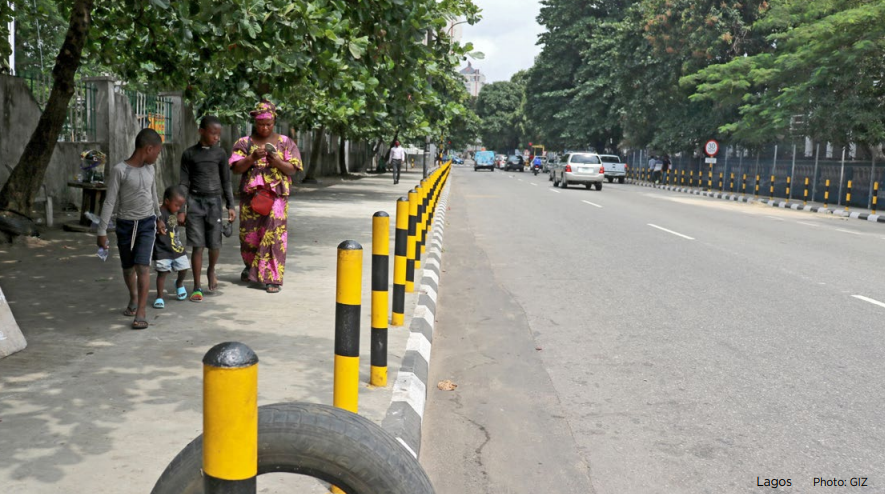Bridging the gender data divide in African cities

01 January 2021
Internationales Verkehrswesen, Transformative Urban Mobility Initiative
English
Report
Africa
This report is centred around the topic of urbanisation in Africa and its rapidly increasing rate. As more people move to urban areas, there's a growing need for efficient mobility solutions. Currently, a significant portion of these mobility needs is being met by informal and often poorly regulated transport services. While these informal services are crucial, especially for the urban poor, the report highlights an urgent need to gather and analyse comprehensive data regarding all users of transportation services. The goal is to gain a deeper understanding of their needs and the obstacles they face when it comes to using public transportation and moving safely through public spaces. One particular focus of concern is the lack of data and analysis regarding women's mobility. The report points out that there is a significant gap in understanding how women navigate urban transportation systems and public spaces. This data gap is a critical issue that needs to be addressed to ensure that urban mobility solutions are inclusive and effective for all members of society, including women.
To tackle this data gap and improve urban mobility, the Transformative Urban Mobility Initiative (TUMI) is actively involved. TUMI is working on initiatives to close the gender data gap specifically related to urban mobility. The initiative is implementing efforts in selected pilot cities within Africa, aiming to collect data and conduct analysis that will provide insights into women's mobility patterns, challenges, and needs. In summary, the report focuses on the challenges posed by rapid urbanisation in Africa, the role of informal transport services, and the importance of gathering comprehensive data to address mobility needs for all individuals, especially women. The Transformative Urban Mobility Initiative (TUMI) is leading efforts to close the gender data gap and enhance urban mobility in select African cities.
Abstract based directly on source.


Comments